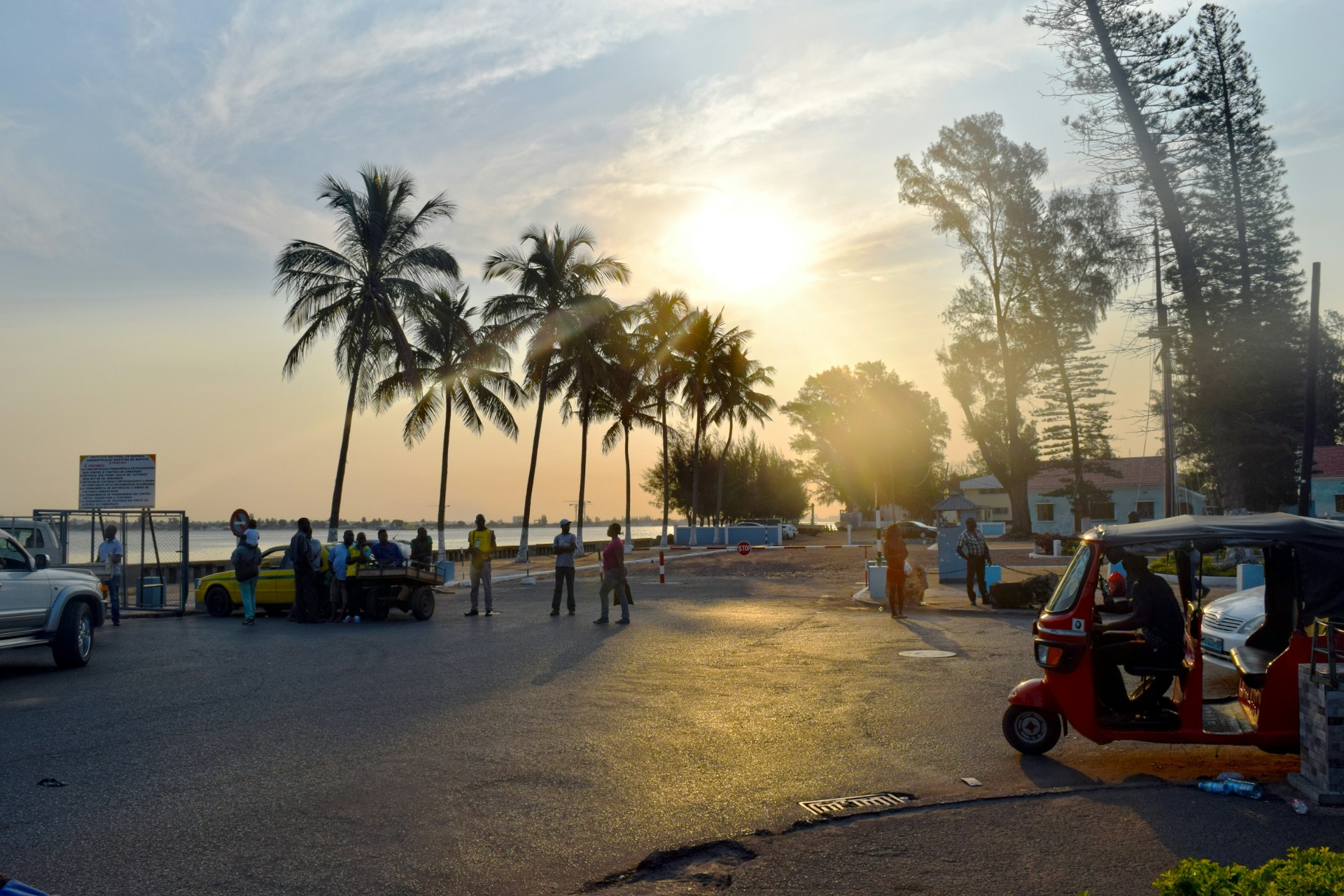
Mozambique travel from south africa how to avoid legal and administrative documentation risks
Border Crossings: How to Avoid Legal & Administrative Documentation Risks
The core strategy for avoiding legal and administrative documentation risks when traveling from South Africa to Mozambique is meticulous, pre-departure preparation of all required personal, financial, and vehicle documents. Failure to produce the correct paperwork will result in refusal of entry, fines, or seizure of the vehicle.
This isn't hyperbole. Border officials have absolute authority to turn you away, and they will exercise it if your documentation isn't perfect.
Here is a comprehensive mitigation strategy focusing on the documentation risks you need to address:
Vehicle Ownership and Authorization (Zero-Tolerance)
The stringent requirements for vehicle documentation are primarily aimed at combating cross-border vehicle theft and fraud. Officials take these requirements seriously because stolen vehicles are a major problem.
Risk: Unable to Prove Legal Ownership
Mitigation Strategy: Verify Legal Ownership (Originals/Certified Copies)
Documentation Required: Always carry the original vehicle registration papers. If the original is unavailable, a certified copy of the registration certificate, issued by the South African Police Service (SAPS) and not older than three months, is required. This applies to the vehicle and any towed applications, such as trailers or boats.
Why This Matters: Without proof of ownership, officials assume the vehicle may be stolen. No ownership documentation = no entry.
Risk: Financed Vehicle Without Bank Authorization
Mitigation Strategy: Obtain Finance Authority Letter
Documentation Required: If the vehicle is financed (under a lease or installment agreement), you must obtain a formal letter of authority from the financial institution (bank). This letter must be:
- Certified by a Commissioner of Oaths
- Explicitly state the specific dates of travel
- Authorize the vehicle to be taken into Mozambique
Why This Matters: The lack of this letter is grounds for immediate refusal of entry. The bank technically owns the vehicle until you've paid it off, so you need their explicit permission to take it across international borders.
Risk: Non-Owner Driving Without Authorization
Mitigation Strategy: Non-Owner/Company Vehicle Authorization
Documentation Required: If the driver is not the registered owner (e.g., driving a company car or borrowed vehicle), carry an affidavit from the police (SAPS) giving permission from the owner or financial institution to take the vehicle abroad.
For rented vehicles, the rental company must provide a cross-border letter authorizing the vehicle to be taken out of the country, which should specify the travel dates.
Why This Matters: Without written authorization from the actual owner, you have no legal right to take the vehicle across borders. Officials know this and will refuse entry.
Mandatory Insurance and Import Permits
Mozambique mandates specific local insurance and temporary import permits (TIP) to guarantee third-party liability coverage and prevent illegal vehicle importation.
Risk: No Valid Mozambican Third-Party Liability Insurance
Mitigation Strategy: Pre-Purchase Third-Party Liability (CTPL)
Documentation Required: It is compulsory to have Third-Party Liability (CTPL) Insurance underwritten by a Mozambican insurer. Purchase the 30-day certificate online or in advance (e.g., from Hollard) and ensure you carry a printed copy.
Why This Matters: This saves time waiting for an agent at the border post. CTPL is required for the vehicle and separately for any towed application (trailer/boat). Without it, you're not legally allowed on Mozambican roads.
Risk: Inadequate Financial Protection
Mitigation Strategy: Secure Comprehensive Cross-Border Cover
Documentation Required: Verify that your primary South African comprehensive vehicle insurance policy includes cross-border cover for Mozambique and obtain a letter from your insurer confirming this coverage and the travel dates.
Why This Matters: The mandatory CTPL (R1 million liability limit) is only a legal requirement and does not offer comprehensive financial protection. If your vehicle is stolen, damaged, or written off in Mozambique, CTPL won't help you – only your comprehensive policy will.
Risk: Unstamped or Missing TIP
Mitigation Strategy: Ensure TIP is Stamped at Customs
Documentation Required: The Temporary Import Permit (TIP) (or DA341 form) is compulsory and must be obtained and completed directly at the Mozambique border post (Alfândega/Customs).
Critical Step: The traveler must personally ensure this permit is officially stamped by customs officials. Don't assume it's been stamped – verify it yourself before leaving the customs desk.
Why This Matters: Failure to produce the stamped TIP upon exit can result in significant fines or vehicle seizure. Customs assumes unstamped vehicles were illegally imported and subject to duties.
Risk: Accusations of Illegal Import of Valuables
Mitigation Strategy: Declare Valuables
Documentation Required: Declare all high-value goods (laptops, cameras, electronic equipment, trailers, boats, etc.) on the Temporary Import forms upon entry. Keep the stamped Customs declaration form safely, as this document prevents officials from assuming the items were bought in Mozambique and fining you upon exit.
Why This Matters: Without proof you brought these items into the country, officials may claim you purchased them in Mozambique and attempt to charge import duties or confiscate them when you leave.
Traveling with Minors
Strict documentation requirements are enforced for minors (under 18) to combat child trafficking, particularly when entering or exiting South Africa.
Risk: Missing Unabridged Birth Certificate
Mitigation Strategy: Unabridged Birth Certificate (UBC)
Documentation Required: The unabridged birth certificate (showing both parents' details) or an equivalent document is mandatory for all minors (under 18).
Why This Matters: This document cannot be acquired at the border and must be obtained weeks in advance from the Department of Home Affairs. Without it, you won't be allowed to leave South Africa with the child.
Risk: Missing Parental Consent
Mitigation Strategy: Parental Consent (If Applicable)
Documentation Required: If a minor travels with only one parent, an affidavit (written consent/permission) from the absent parent is required. This affidavit must not be older than three months.